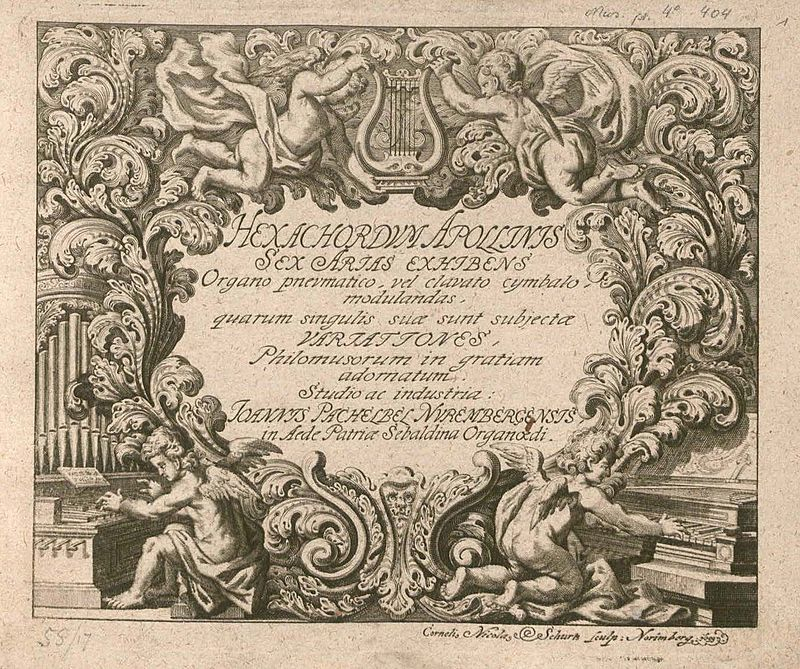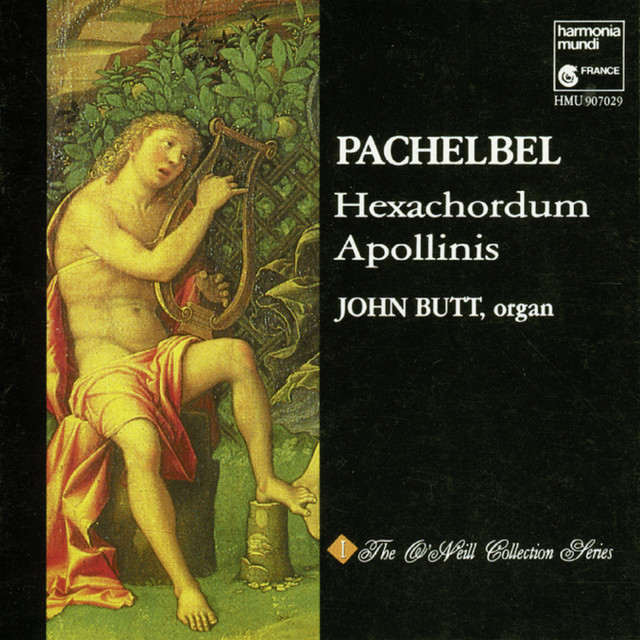Pachelbel’s final years in Nuremberg
Georg Caspar Wecker, the first music instructor of Pachelbel, passed away in Nuremberg in 1695. He was the St. Sebaldus Church's principal organist at the time. The city council members agreed that Wecker's former pupil was the best person to fill the previously vacant job.
Pachelbel was allowed to take the position that same year without any prior interviews or assessment of suggestions. The elderly organist could hardly refuse this offer. The city council paid all of his daily expenditures, utilities, and lodging.
In the last year of his life, 1699, Johann Pachelbel published Hexachordum Apollinaris, a key component. There are six keyboard arias in this collection, each with intricate variations. He knew the northern German school because he dedicated the Hexachordum Apollinaris to Dieterich Buxtehude, despite being most influenced by Italian and southern German composers ( a Danish or German organist and composer of the Baroque period). Musical Delight, a clever and vivacious suite in six parts, came after this piece. A set of more than 90 Magnificat fugues and concertato Vespers with Italian influences were also written in the composer's final years. Early in March 1706, in Nuremberg, Johann Pachelbel passed away at the age of 52. He was buried in the St. Rochus Cemetery.









